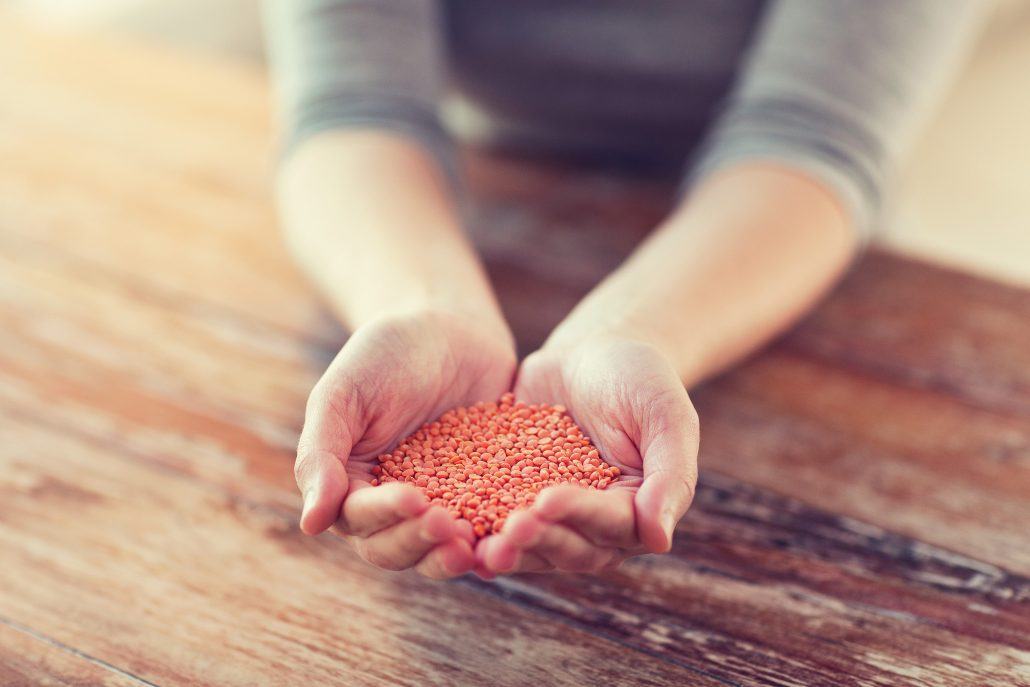Your Detox Organs Need Dietary Fiber

In your gut, you really are what you eat. Food is a big factor in determining your microbiome. That’s the collection of bacteria, fungi, yeast, and other microbes living in your digestive tract.
But the impact of your food choices spreads beyond your microscopic friends.
A new article in Advances in Nutrition tackles the way dietary fiber—a variety of indigestible carbohydrates—can influence your liver and kidneys. It’s well-known that dietary fiber benefits human health. But the review of over 150 studies summarizes fiber’s influence on your detoxification organs.
How Dietary Fiber Makes an Impact
The process starts with dietary fiber feeding the growth of beneficial microbes. Then the microbes contribute to:
- Gut barrier function
- Immune function in your digestive tract
- Endocrine (hormone) response
- Nitrogen metabolism
- Signaling between the gut, liver, and kidneys
These consequences in the gut are good for the liver and kidneys, too. Which makes total sense. Your gut supplies blood to these organs through the portal vein. So shifts in microbe activity and diet impact the liver and kidneys.
For example, enhanced gut-barrier function protects your key detox organs from the spread of bacteria that stimulate inflammation. That allows your liver and kidneys to focus on metabolism and detoxification.
More Good News for Your Liver
Dietary fiber has been shown to increase the activity of antioxidant and detox enzymes in your liver. It can alter bile acid pools. These pools are involved in liver metabolism and the absorption of fats and fat-soluble vitamins. Dietary fiber also supports the microbiota that help generate secondary bile acids.
A surprising finding also links dietary fiber and the body’s fat-burning state (ketosis). This is accomplished by altering patterns of gene expression and the products of metabolism. The new patterns look like those found during the body’s fasting state. That’s when your body is burning energy from fat storage.
Don’t Forget Your Kidneys
Nitrogen is central to the findings about the kidneys and dietary fiber.
When you feed your gut microbes dietary fiber, you increase your gut’s ability to contain more nitrogen. In the gut, nitrogen acts as a fertilizer for the microbes. So the microbiome uses more of the nitrogen produced. That keeps too much nitrogen gas from escaping through the portal vein to your detox organs. Reducing your kidneys’ nitrogen burden is important.
Dietary fiber also helps insulate your kidneys from other potential stresses. Not having enough fiber fermenting in your colon allows other substances to undergo fermentation. When things like amino acids ferment, they can produce harmful products that stress your kidneys. So keep your colon stocked with dietary fiber—for your kidneys’ sake.
Feed Them Fiber
Dietary fiber plays a significant role in supporting good health. And it’s clear most people don’t get enough of it. In fact, the 2015 Dietary Guidelines Advisory Committee made fiber a nutrient of concern.
This decline in fiber intake isn’t new, though. It’s been sliding since the Industrial Revolution. And what follows is decreased microbial diversity in our guts.
Dietary fiber probably won’t ever be cool or hip. But it’s not just for old people. Everyone could do their detox organs a favor. The research shows you can help protect your liver and kidney health, and support the important detox work these organs do. All it takes is getting your guts’ microbial tenants some dietary fiber.




